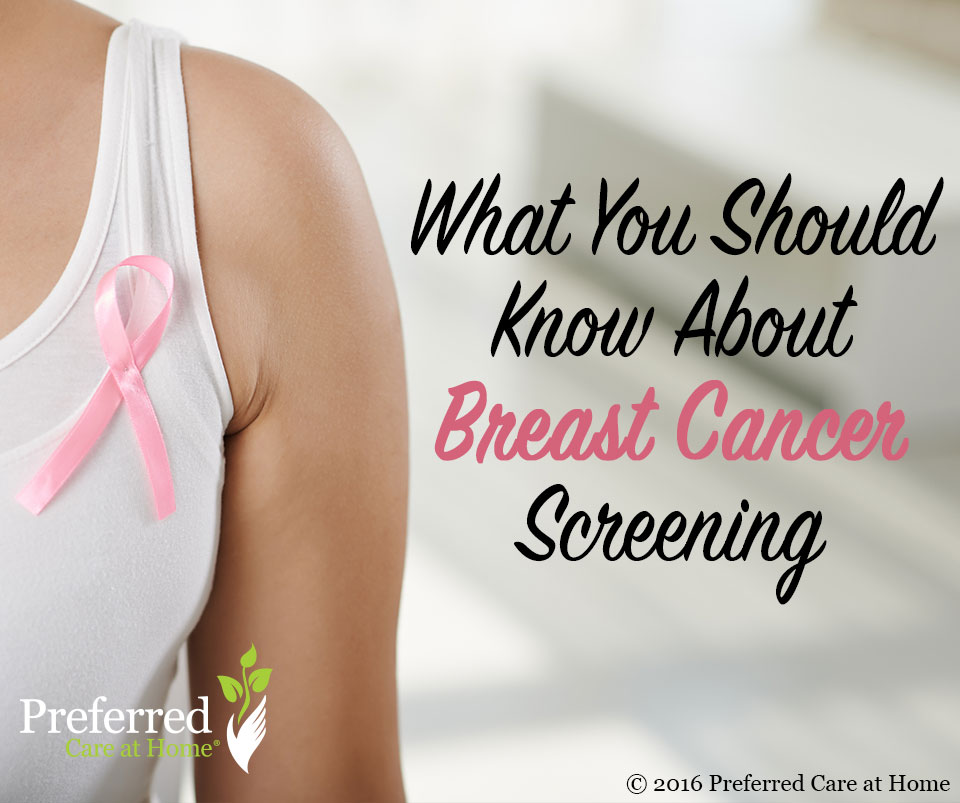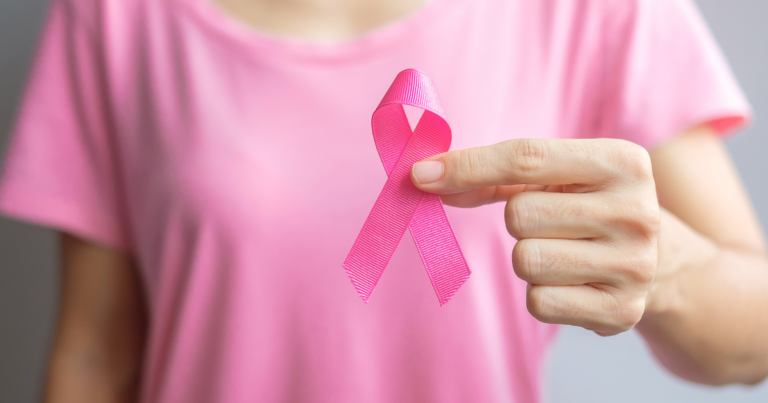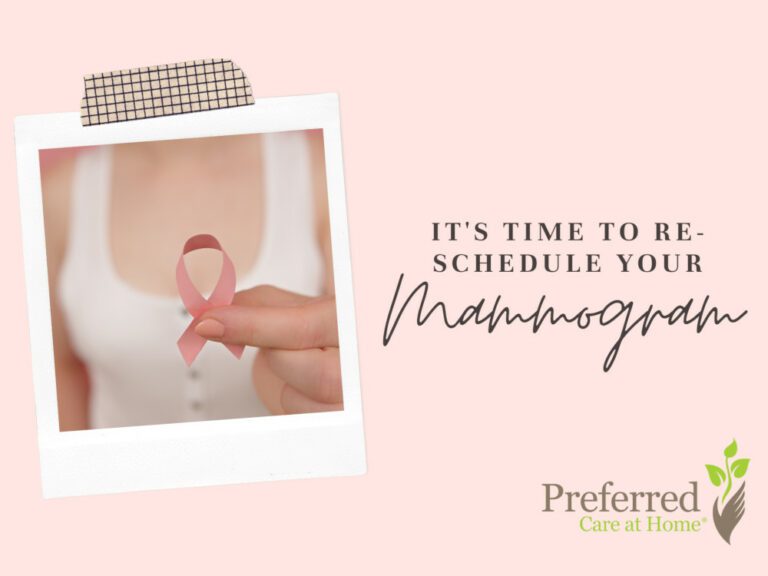What You Should Know About Breast Cancer Screening
Published November 15, 2016 by R. Bradley Robinson, M.D. in Breast Cancer

Breast cancer is the most frequently diagnosed cancer among women in the United States and the second leading cause of cancer-related deaths. Over the last 35 years, advances in early detection and treatment have reduced the mortality rate of invasive breast cancer by almost 70%.* Even so, breast cancer awareness and ongoing research is essential to help the 40,000 women who are expected to die from breast cancer this year. With this in mind, here are 4 things you should know about breast cancer.
- One in eight women will be diagnosed with invasive breast cancer over their lifetime. Because of this high prevalence, all women should undergo screening mammography at routine intervals and should not miss mammogram appointments.
- Most women should begin screening mammograms at the age of 40. While the age to start mammograms has been debated among medical experts, the American College of Obstetricians and Gynecologists as well as the American Cancer Society recommend offering mammograms to women of average risk at age 40, along with a discussion of the risks and benefits of screening.
- Advanced age by itself is not a reason to stop receiving your mammogram. After the age of 74, it is recommended to individualize a plan for breast cancer screening based on other health factors and overall life expectancy. Given the medical technologies of our day, many women are living healthily into their late seventies and eighties and should discuss continuing screening mammograms with their physician.
- Women at high risk for breast cancer need a personalized screening plan developed in partnership with their physician. This may include beginning screening at a younger age or using other forms of imaging in addition to the mammogram. Women at high risk include those with a known BRCA1 or BRCA2 gene mutation, women with a family member positive for BRCA1 or BRCA2 gene mutation, and women with a strong family history of breast cancer that results in a lifetime cancer risk of 20% or greater based on risk calculators.
All women should discuss any concerns regarding breast cancer screening with their physician, and together develop an individualized plan for combating breast cancer.
*Screening for breast cancer: Strategies and recommendations. Joann G Elmore, MD, MPH Mark D Aronson, MD, Sadhna R Vora, MD. Uptodate.
If you have questions about senior home
care services or if you want to start care:
Related Posts

October 1, 2024
October is Breast Cancer Awareness Month—Take Small Steps in the Fight Against Breast Cancer
R. Bradley Robinson, M.D.

August 17, 2023
World Breast Cancer Research Day: Preferred Care At Home Stands with You
Jean T

October 27, 2020
It’s Time to Re-Schedule Your Mammogram
Francesca Robinson, MA
Helping seniors age in place, with dignity & grace.